While it seems that many are waiting for the EOS R3, it’s interesting to explore what videographers think about the Canon EOS C70 that was released a year ago. The C70 was designed and tailored for cinematographers, as opposed to the R3 that is being developed for still shooters. Videographer Sawyer Hartman has shot with the C70 for six months, and he thinks that it’s one of the best options for video professionals.

Canon EOS C70: An intriguing piece of imaging device
The EOS C70 was introduced in September 2020, as Canon’s solution for a compact RF cinema camera. The C70 was given many titles. For instance, it was defined as a cross-breed camera or a hybridization of the Canon’s mirrorless and Cinema EOS. As stated in the C70’s white paper: “Canon believed that the separate advances in both digital cinematography cameras and video-empowered still photography cameras had reached a level where serious consideration of a new cross-breed camera that integrates the best of both would produce a significant new digital motion imaging tool for the cinematography universe. In particular, it would offer a new level of compactness and mobility to digital cinematography while further empowering single operator shooting”. Thus, the C70 was invented as an entry-level (affordable?) cinema camera that can serve its operator for years.
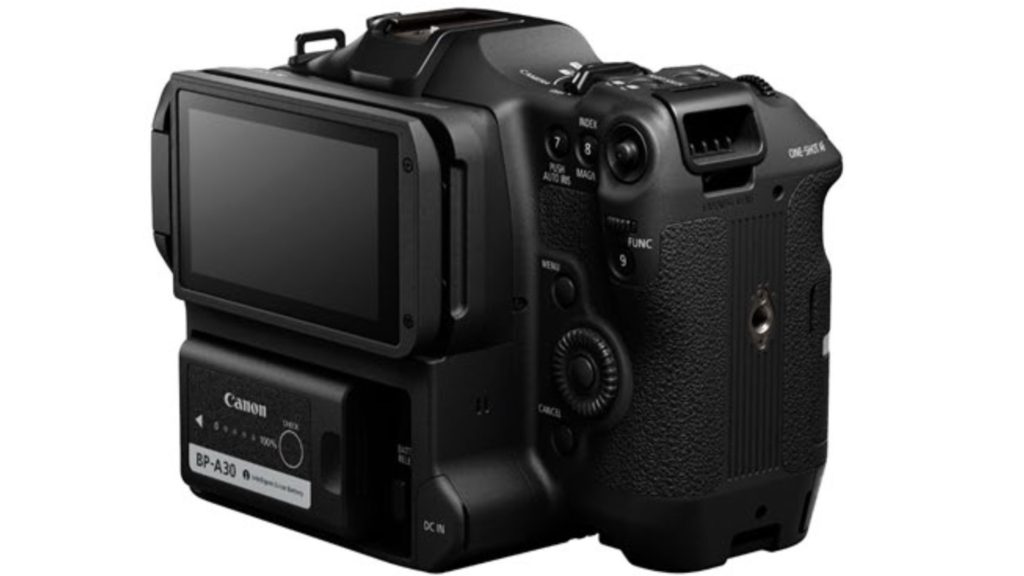
First to adopt RF mount in ‘cinema’ body
The EOS C70 is the first Cinema EOS camera to adopt the RF mount. Briefly, this mount opened optical opportunities to develop a new generation of lenses having higher optical performance. This is the first use of the RF mount – developed by Canon for their full-frame mirrorless cameras – in the Cinema EOS camera family. That leads to leveraging the extensive availability of EF and RF lenses – in optically bridging between all of these full-frame lenses and the Super 35mm image sensor in the EOS C70, as Canon explained in the white paper.
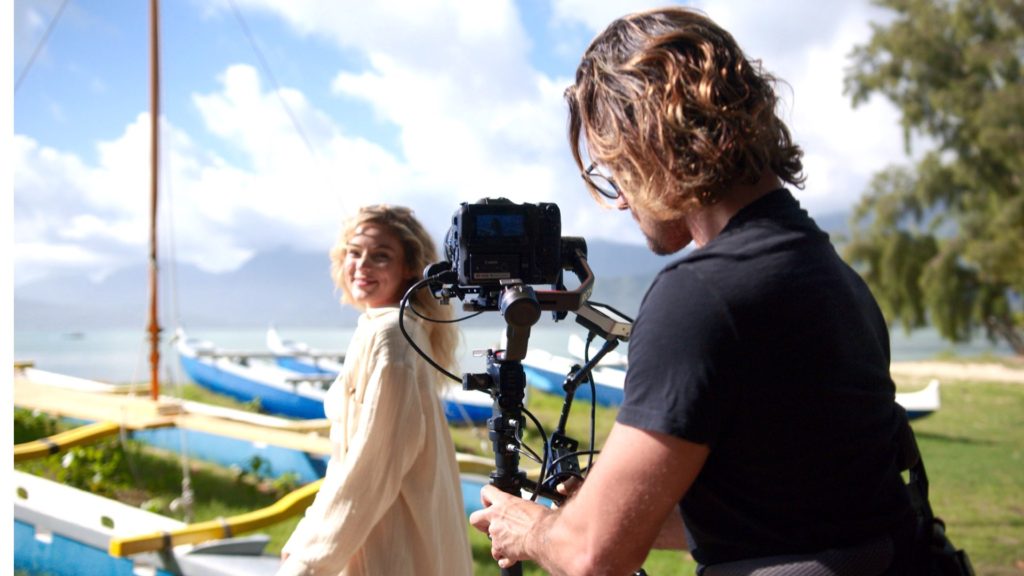
Identical sensor/technology as in the C300 Mark III
As explained, the C70 can be defined as hybridization between the EOS R5 and EOS C300 Mark III. It owns the same sensor, with identical technology that allows extremely high DR (Dynamic Range). This is one of the newest technology by Canon, which is the Dual Gain Output (DGO) that was implemented in the C300 Mark III. The DGO elevates dramatically the DR for more than 16 stops. Furthermore, as for Canon. the C70 is a combination between Cinema EOS (“Professional Digital Cinematography Camera”), “Professional DSLR (1D X Mark III), and mirrorless. The sensor is a 4K Super 35mm. Also, the EOS C70 supports Dual Pixel CMOS Auto Focus at a multitude of shooting frame rates up to 4K 120P, which is quite rare in terms of AF slow-motion capabilities.
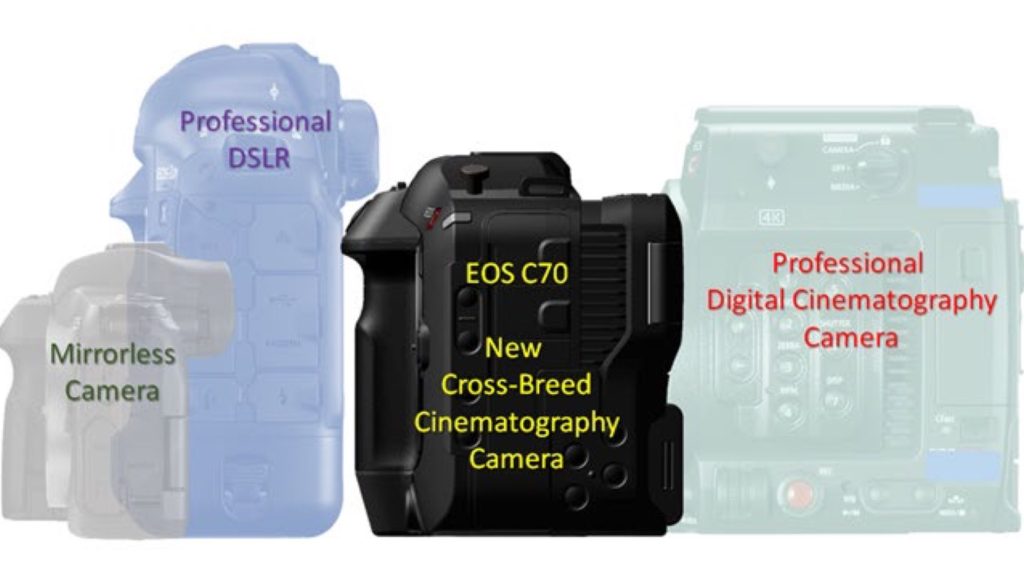
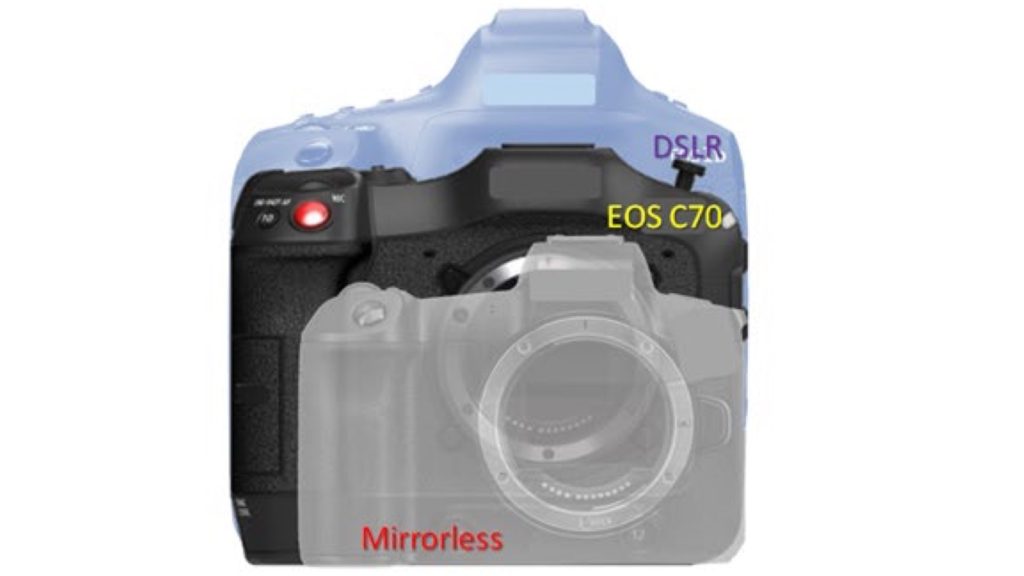
Made for cinematic applications and HDR, but no RAW
For HDR imaging the EOS C70 offers a selection of Canon Log2 or Canon Log3. Canon Log2 supports a 16-stop dynamic range and Canon Log3 supports a 14-Stop range. The camera also offers a selection of standardized color gamuts including BT.709, and the Wide Color Gamut (WCG) BT. 2020. Three recording codecs are built into the EOS C70: A choice between XF-AVC and HEVC for 4K/ UHD /2K /HD recording of YCbCr 4:2:2 10bit and an AVC / H.264 for YCbCr 4:2:0 8-bit. The slide below summarizes the three codecs that support the video recording options in EOS C70. A cost-effective and widely available SD card is the recording media. However, there’s no RAW option, which is quite strange is a pure cinema camera like this, which is also Netflix approved. The reason for lacking RAW is because Canon doesn’t want to cannibalize its other Cinema EOS products.
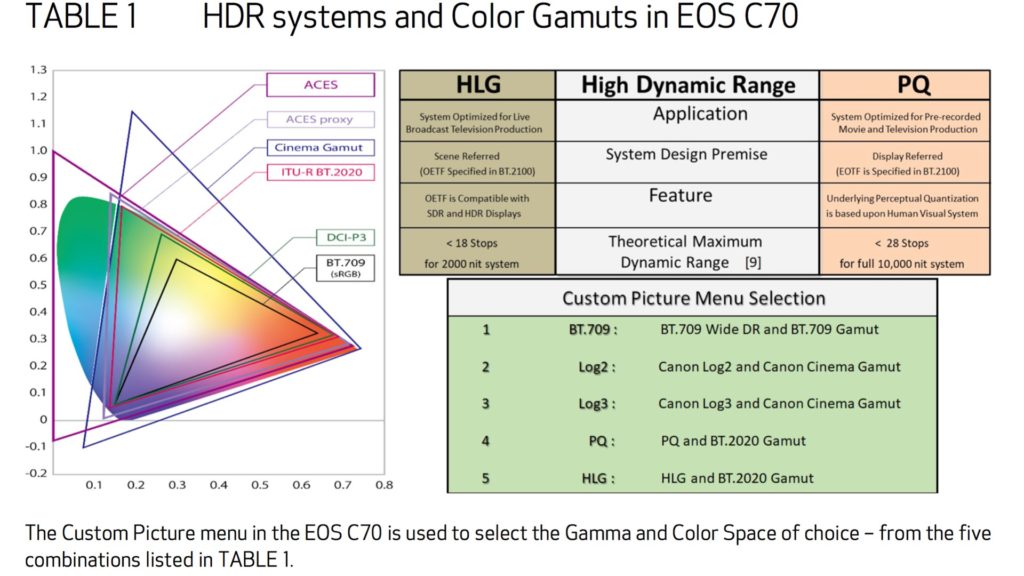
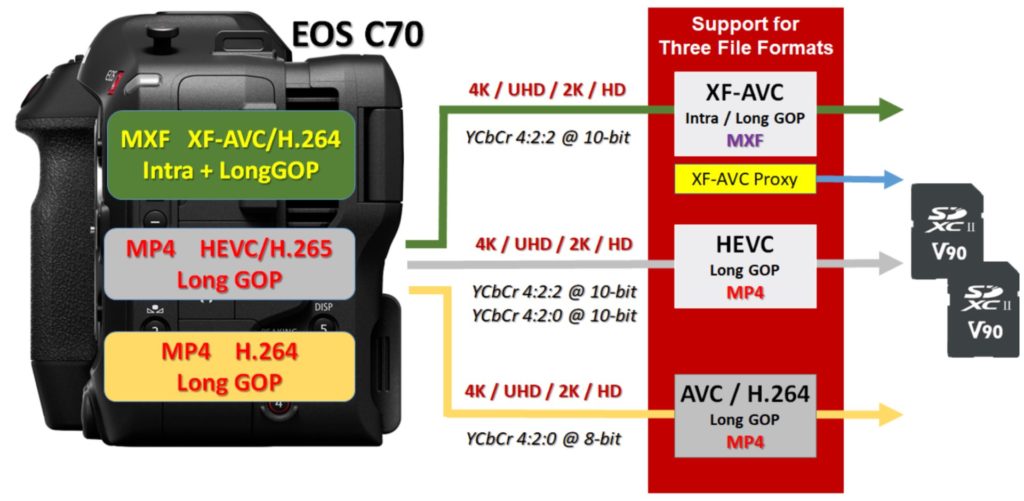
Professional audio
The EOS C70 features two mini XLR terminals with 48-volt phantom power for attaching professional microphones enabling high-quality audio recording. There is also a 3.5mm microphone input allowing the connection of a variety of microphones. Stereo audio can be recorded for use as backup recording via two built-in microphones on the camera front when using an external XLR microphone. That setup allows professional audio recording even on sole operation scenarios.
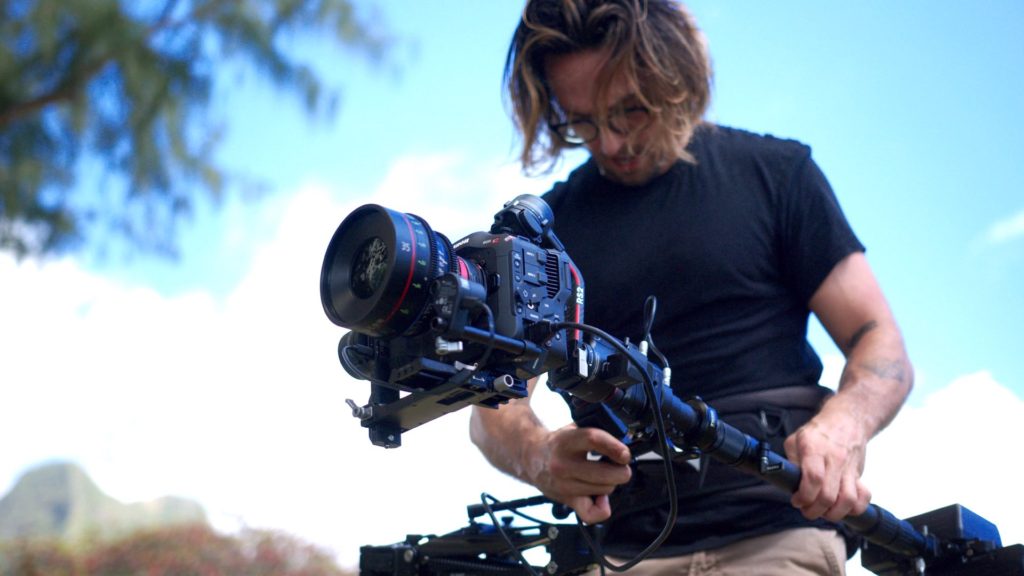
Six months of usage
Videographer Sawyer Hartman took the C70 and used it extensively on his projects. The video, titled “Canon c70 Review • Should you still buy it?” overviews the camera by focusing on its strengths mentioned above. Hartman was very pleased with the C70’s filmmaking advantages and abilities. Watch his review below:
Summary
Canon sees the C70 as an important new digital motion imaging system that has been added to the Cinema EOS lineup. It harnesses the new-found optical advances offered by the RF-mount with the highly refined ergonomics of Canon mirrorless still photographic cameras and then combines these with the imaging prowess of the new Super 35mm Dual Gain Output (DGO) image sensor and the flexible recording capabilities of the Cinema EOS system. Furthermore, according to Canon, the importance of the C70 lies in the new shooting flexibilities offered by the novel design of this camera. Indeed, the C70 is a filmmaking powerhouse that contains many advantages for videographers and cinematographers, especially on shooting complicated slow-motion shots that take advantage of the AF technology implemented. However, in case you’ll not be satisfied with the 10bit footage, then you have to choose other cinema cameras that can shoot RAW because the C70 does not. Nevertheless, is it still matters? Netflix doesn’t think so…
What are your thoughts about the EOS C70? Did you get the chance to use it in a professional environment? Comment below.
Product List
Here’re the products mentioned in the article, and the links to purchase them from authorized dealers.
- Canon EOS C70 Cinema Camera

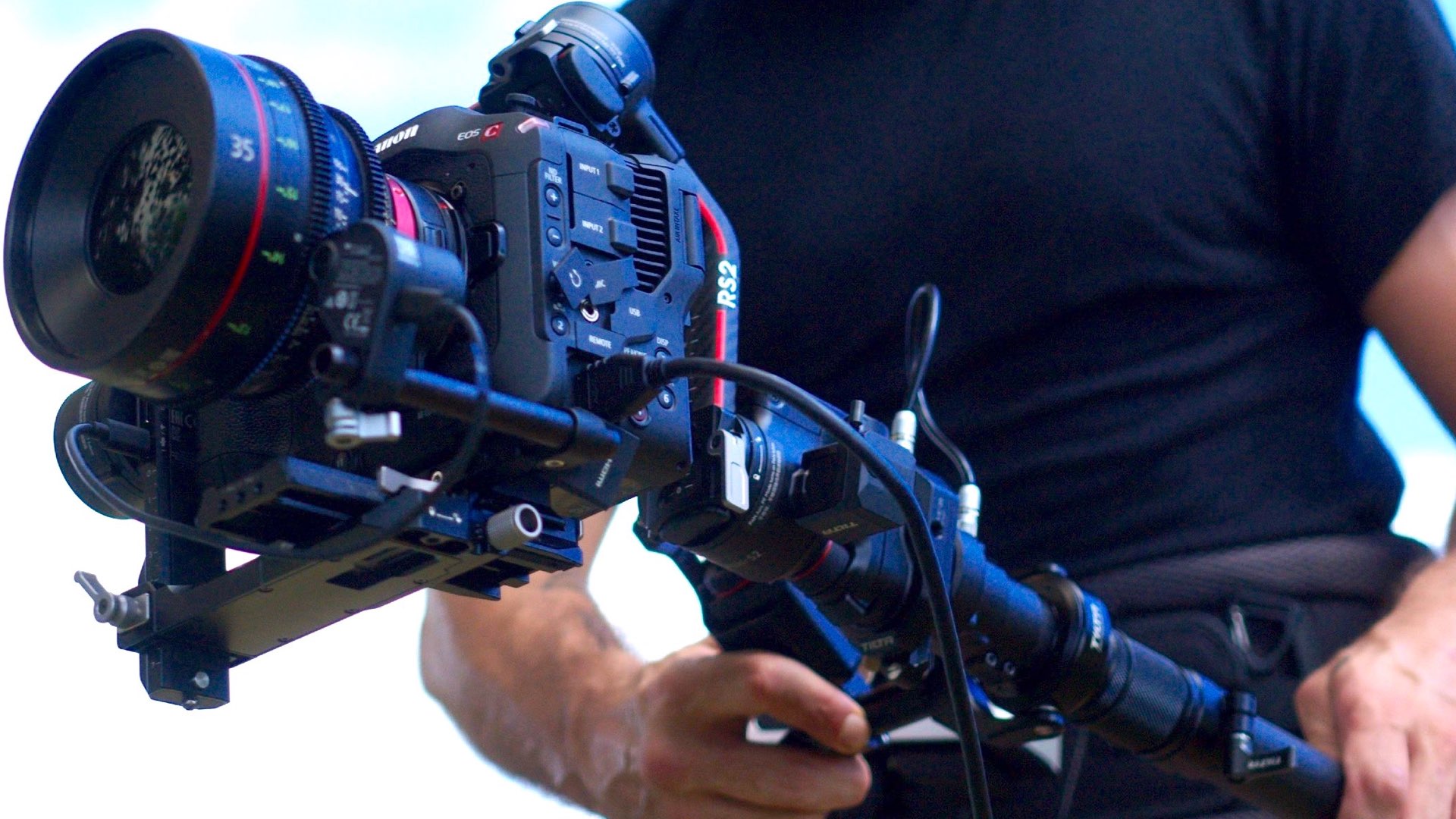
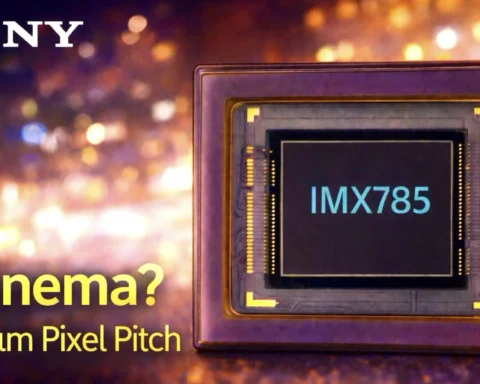
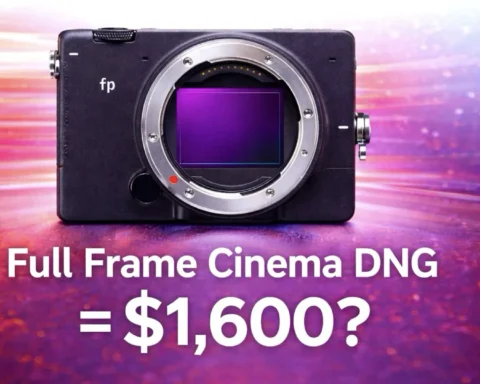
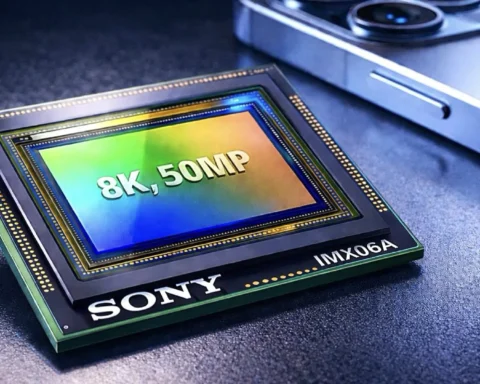
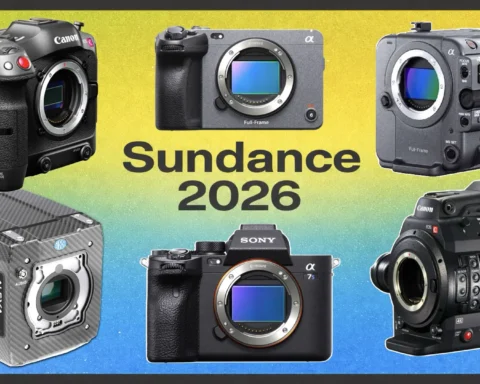
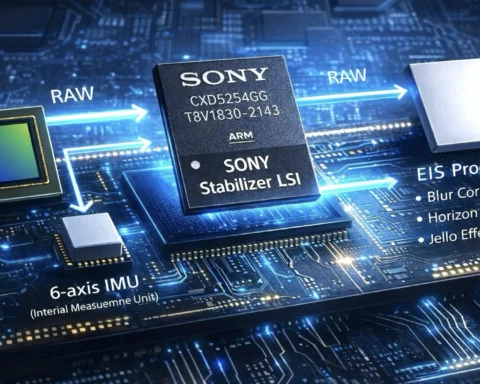
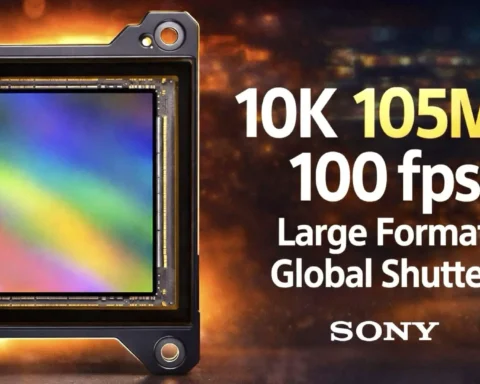

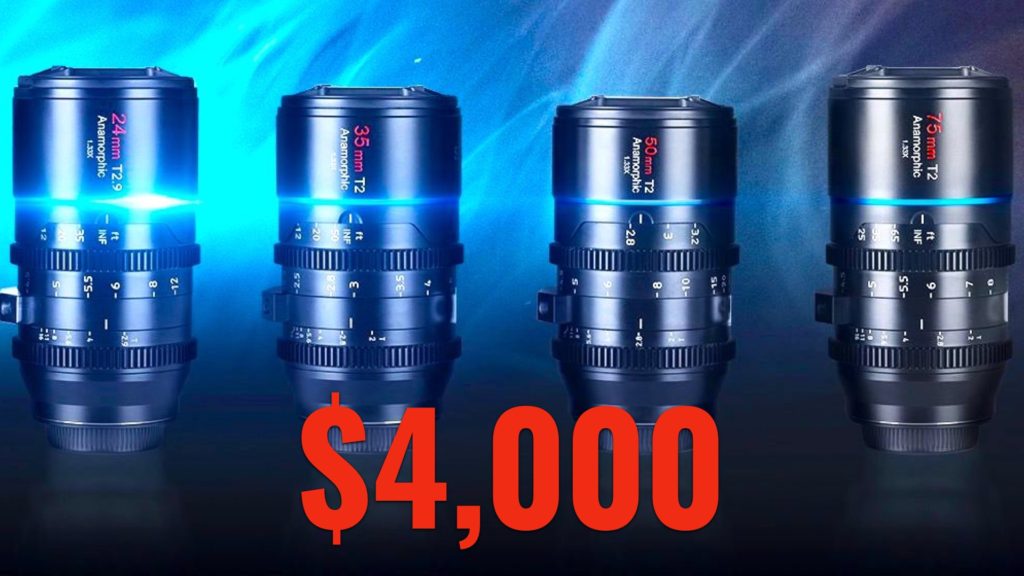
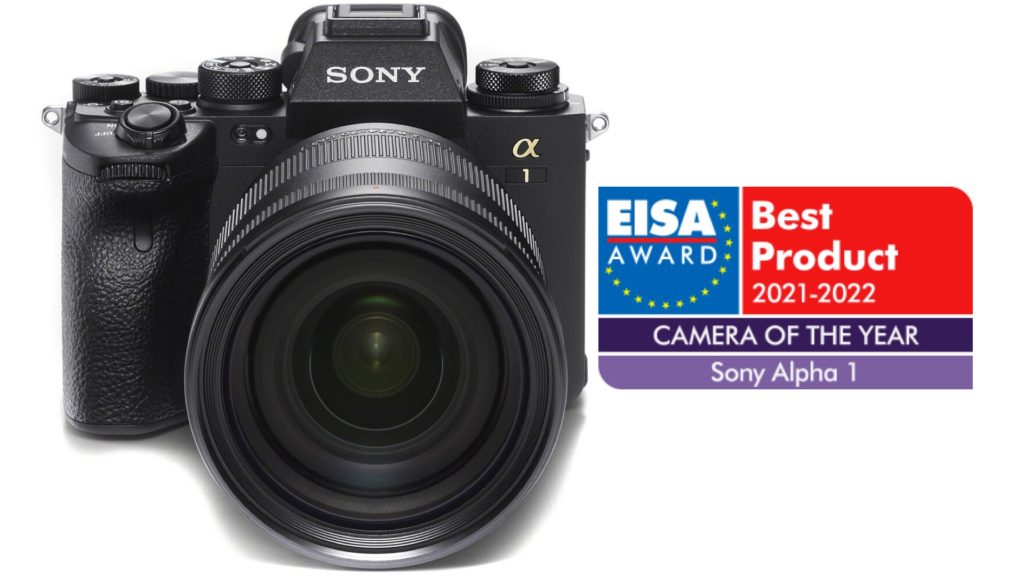
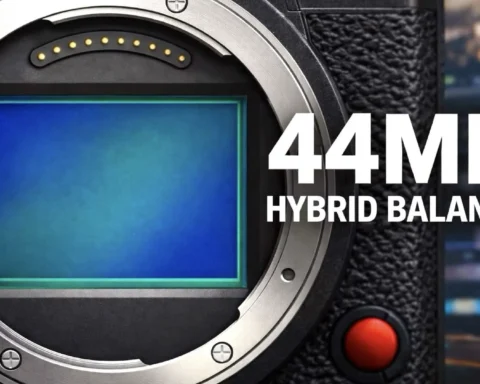
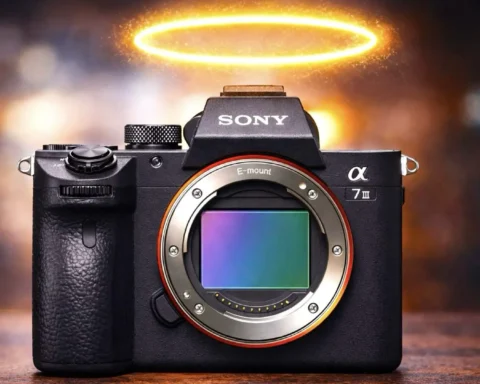
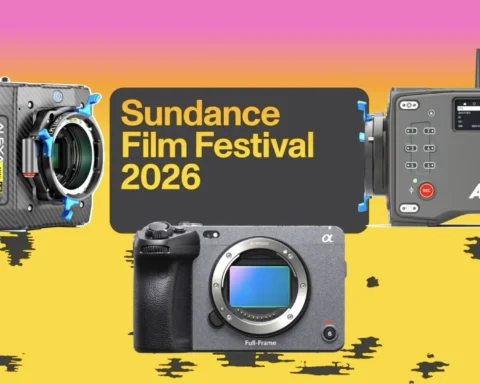
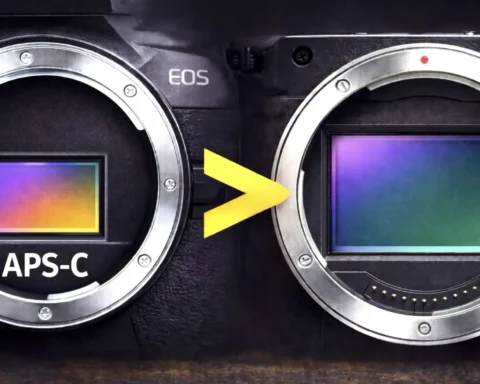
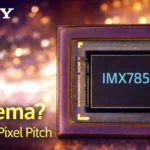

Update: C70 can now shoot Cinema RAW Lite via a firmware update: https://www.canon-europe.com/pro/news/eos-c70-firmware-update/
That’s right. We wrote about this when the EOS R5 C was launched: https://ymcinema.com/2022/01/23/canon-made-another-hybrid-camera-r5-c-and-left-the-consumers-confused/